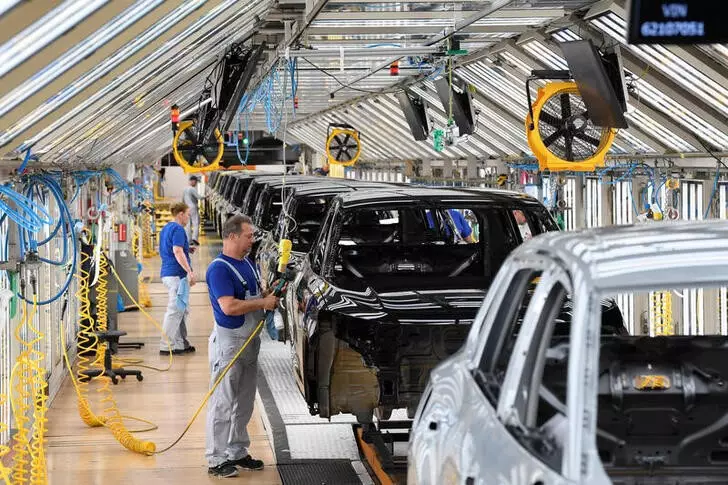Volkswagen, Europe’s top carmaker, is currently deliberating the closure of factories in Germany for the first time. This move highlights the increasing price pressure that the company is facing from its Asian rivals. The decision marks a significant clash between Chief Executive Oliver Blume and the influential unions within Volkswagen.
Resistance from Works Council
The works council at Volkswagen has expressed “fierce resistance” to the executive board’s plans to close one large vehicle plant and one component factory in Germany. This poses a challenging situation for Chief Financial Officer Arno Antlitz and Volkswagen brand chief Thomas Schaefer as they prepare to speak to staff at a works council meeting. The powerful IG Metall union has played a pivotal role in thwarting previous attempts at making profound changes within the company.
Striving for Cost-Cutting Measures
Volkswagen, which is aiming for 10 billion euros ($11 billion) in savings by 2026, is undergoing a cost-cutting drive as it adapts to the shift towards electric cars. The decision to consider factory closures comes as the company faces tough competition in Europe, the U.S., and particularly in China, where local EV makers are gaining traction in the market.
The declining competitiveness of the German economy, coupled with new rivals in Europe, has put Volkswagen in a precarious position. CEO Blume has acknowledged the need for the company to do more in order to navigate through the difficult economic landscape. The company’s struggles are reflected in its stock performance over the past few years, with Volkswagen losing almost a third of its market value.
The decision to potentially close factories in Germany has drawn mixed reactions. While Volkswagen management believes it is a necessary step to ensure the company’s survival, IG Metall has criticized the move, stating that it shakes the foundation of Volkswagen as Germany’s largest industrial employer. There are calls for the company to focus on reducing complexity and leveraging synergies within the Volkswagen group’s operations.
Volkswagen’s contemplation of factory closures in Germany underscores the challenges that Europe’s top carmaker is facing in a rapidly evolving automotive landscape. As the company seeks to streamline its operations and adapt to the growing demand for electric vehicles, it must navigate the delicate balance between cost-cutting measures and maintaining its workforce’s best interests. The outcome of these decisions will not only shape Volkswagen’s future but will also have broader implications for the German automotive industry as a whole.

